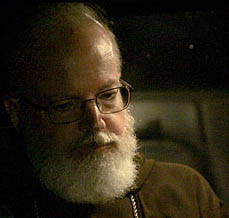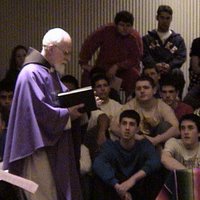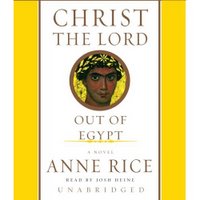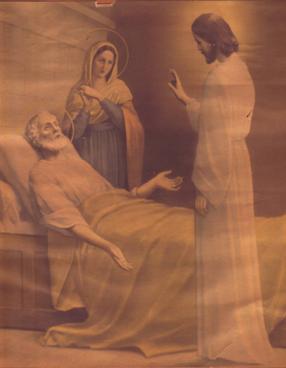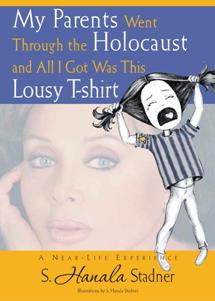
The proverbial duel is between those who see the glass as half-full and those who see it as half empty. But what of the glass that is empty -- or nearly so?
Today's Old and New Testament readings take us into the mind of God, in which "reality" -- or perception thereof -- hardly matters. In the mind of people, success is built on probability. Are there enough resources? Is there enough time? Is there enough money? In God's mind, what matters is will -- do I want it to happen.
It's easy to give up on people or on history. Some people are so unrelievedly evil that it seems useless to work with them. Indeed some people seem to be moving at warp speed away from anything that even resembles goodness. Yet these stories remind us that God, at least, will work with invisibly small assets and grow his investments until they surpass even the most optimistic projections. Twenty barley loaves that satisfy an entire people -- a few loaves and fish that feed 5000 -- each time with baskets left over!
God's way is not constrained by the project manager's triple constraint -- time, resources, money -- that pre-occupies us on earth. When God is involved, starting points and resources and long odds do not matter. Mustard seeds grown into sheltering bushes. Wildernesses sprout life.
If we are doing God's will, we can start with next to nothing, and live to see our efforts yield amazing dividends.
8/5 Addendum: A decent homily today hined of another bread connection that eluded me: the Eucharistic meal. In the Eucharist, Christ continues to give himself to us, in a meal that never runs out. The small bit of nourishment we receive is an encounter with God, which grows into an abundance of justice, peace and harmony.
If we let it.
________________________________________________________________
Image from http://www.keyway.ca/htm2005/20051130.htm -- a daily Bible study site from the Church of God
Don't give up. Don't lose hope. Don't let up.

